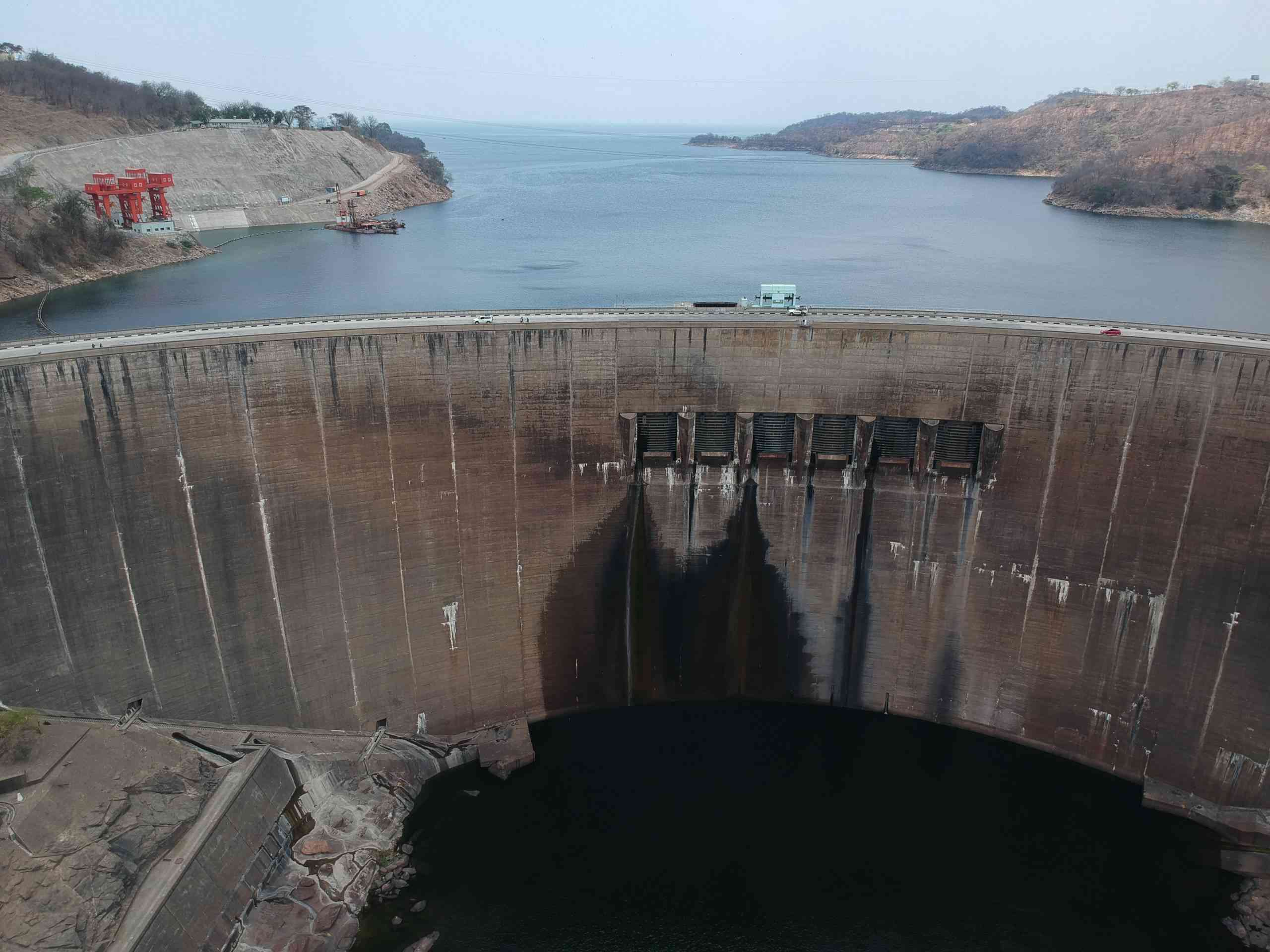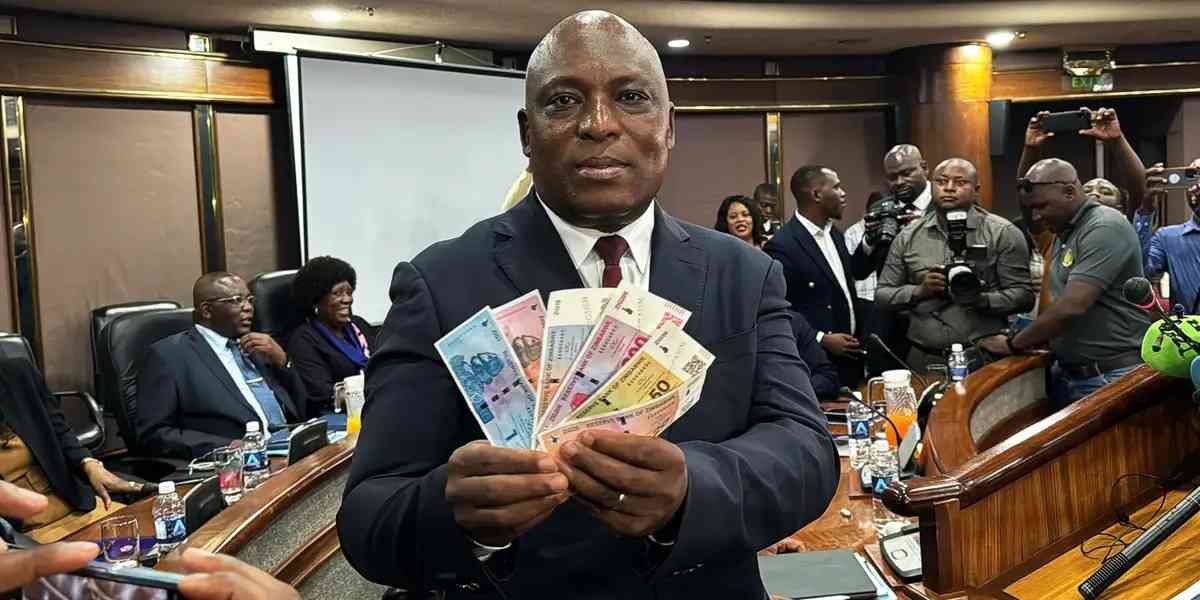
THE European Investment Bank (EIB) plans to offer long-term credit lines to performing local banks for on lending to various sectors of the economy, a European Union diplomat said last week.
BY VICTORIA MTOMBA
In an interview with NewsDay on Friday, European Union ambassador Phillippe Van Damme said EIB had been in discussions in the past week with the central bank on how they could invest in the financial services sector.
“EIB has been in discussions in recent weeks considering credit lines to some banks that are the performing well so they can access very competitive long-term capital for onward lending to small and medium enterprises and also extend loans to local business community,” he said.
“We are not yet at a stage of fixing amounts. (EIB) had positive contacts with the Reserve Bank of Zimbabwe, banks and the Ministry of Finance. We hope in early 2016 they will make to credit agreements with local banks on a business to business basis.”
This will be the first time the EIB would be engaging with the private sector after the removal of the Article 96 on restrictive measures.
Article 96 of the ACP-EC Partnership Agreement and the restrictive measures included the suspension of financing of budgetary support and support for projects, as well as the suspension of the signature of the ninth EDF National Indicative Programme, but did not affect the contributions to operations of a humanitarian nature and projects in direct support to the population, in particular those in social sectors, democratisation, respect for human rights and the rule of law.
Van Damme stated that the move by the EIB would help the private sector to a large extent as the government was in arrears and would not get lines of credit from the European bank.
- Chamisa under fire over US$120K donation
- Mavhunga puts DeMbare into Chibuku quarterfinals
- Pension funds bet on Cabora Bassa oilfields
- Councils defy govt fire tender directive
Keep Reading
Van Damme said Zimbabwe needed to understand the source of its liquidity challenges. He said the liquidity constraints were due to the short-term nature of the liquidity in the banking system.
This means most of the loans that can be accessed from the banks are short-term in nature, therefore, it becomes difficult to implement long-term projects with such funding, he said.
EIB in the past worked with Zimbabwe in 30 different operations that included power and water. Zimbabwe owes EIB $300 million. It owes other multilateral financial institutions such as the International Monetary Fund, World Bank and the African Development Bank.
An EIB delegation came to Zimbabwe last year where it discussed the arrears with the government.
EIB has approved ₣1,5 billion in the past year for over 25 projects.











